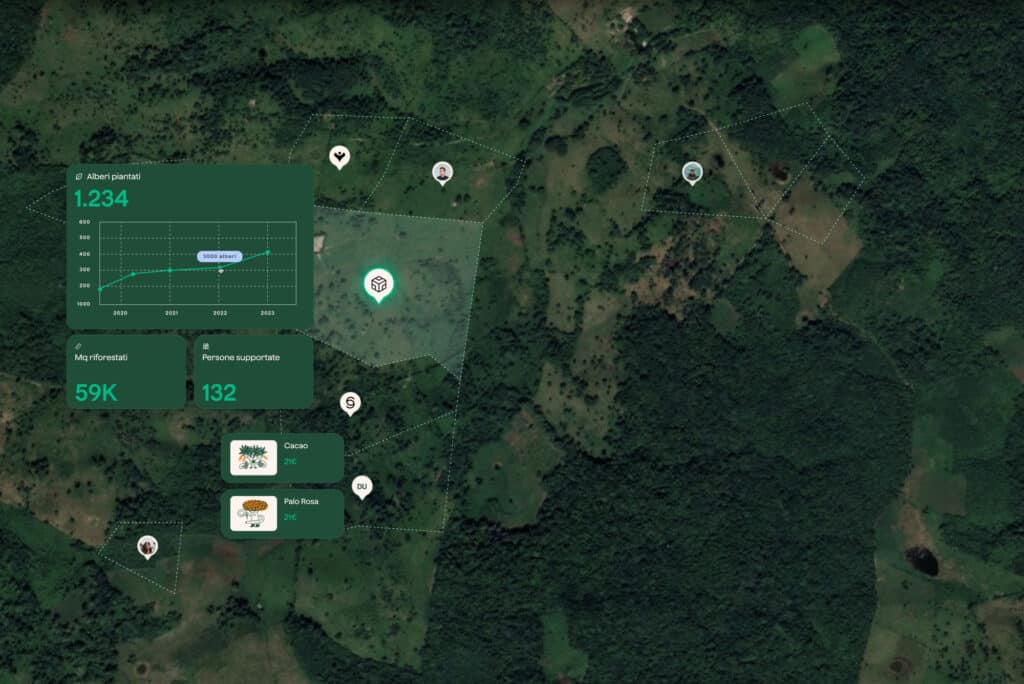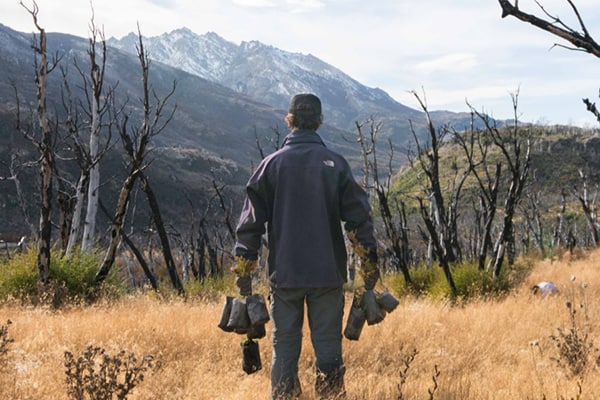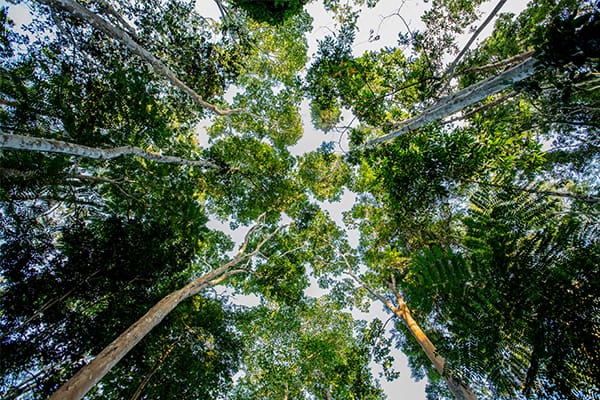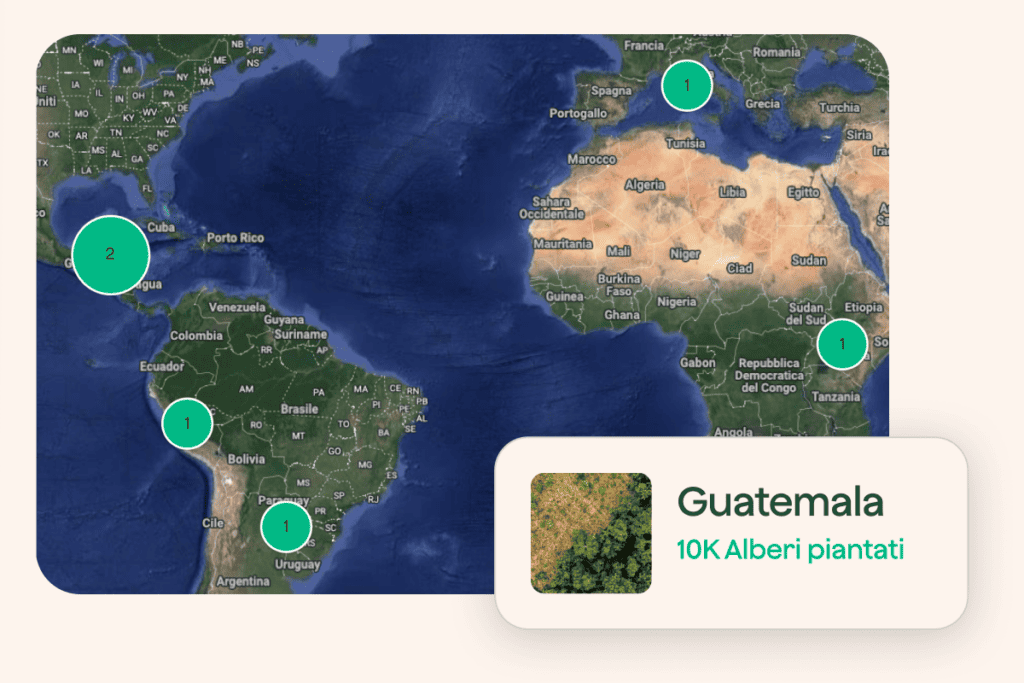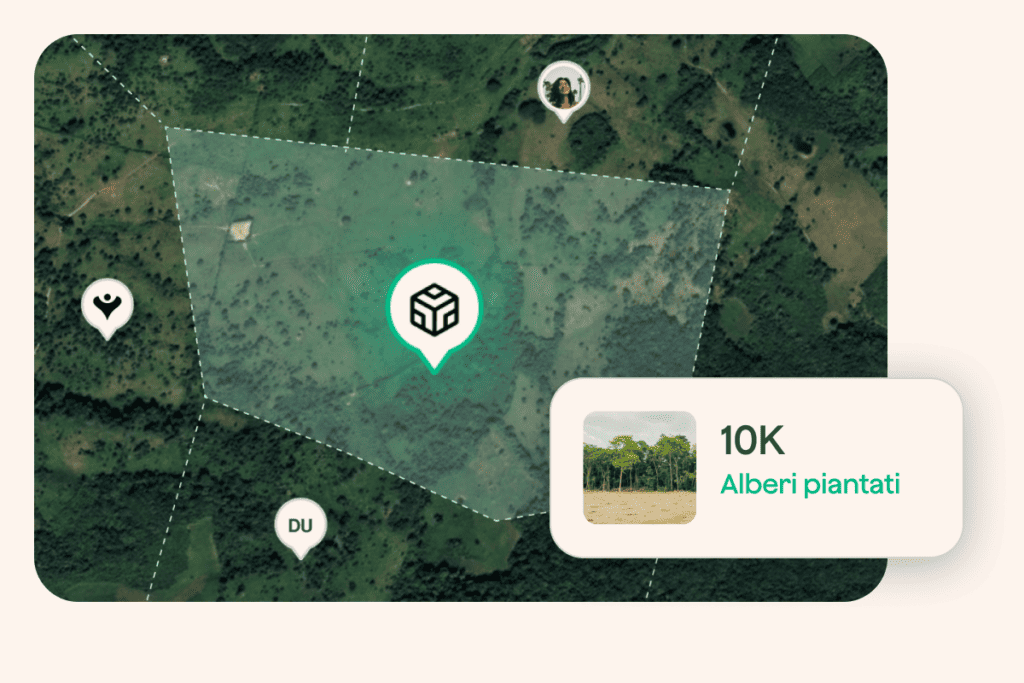The Anthropocene – literally the ‘age of humans’ – is a term used to describe the geological era in which human activities grew to be the dominant force modifying planet Earth. This period is characterized by large-scale environmental changes caused by population growth, industrialisation and the extraction and combustion of fossil fuels.
Interesting notes on the Anthropocene
- The word Antrhopocene was coined in the 1980s by biologist Eugene Stoermer and adopted in 2000 by Nobel Prize winner for chemistry Paul Crutzen. It derives from the ancient Greek anthropos;
- The dawn of the Anthropocene would mark the end of the Holocene, an epoch of relatively stable and temperate climate. The Holocene is estimated to have begun 11,700 years ago, at the end of the Ice Age;
- To date, there is no consensus among scientists on the birth event of the Anthropocene. Some date it back to the detonation of the atomic bombs, some take the explosion of plastic waste as a benchmark and others point to the discovery of the New World.
Read more
The term Anthropocene was conceived to highlight how human activity has caused impacts on a global scale. This powerful notion pivots on the acknowledgement that humanity has become a geological force, capable of altering the very nature of the planet.
The Anthropocene is staked by a number of significant environmental changes, including increased greenhouse gas emissions, large-scale deforestation, marine pollution and massive extinctions. Such changes have lasting effects on biodiversity, water resources, air quality and the stability of ecosystems.
The transition to a new geological epoch takes place when an event of high magnitude occurs such that it alters the fundamental balances of Planet Earth. This leaves a visible footprint. The analysis of palaeoclimatic archives such as ice cores, sediments, corals and trees makes it possible to identify this trace, the famous “golden clove” (imagine sticking a toothpick into a layer cake as if to say ‘here is where we transition from cookies crumble to cheese cream’). It seems that the Anthropocene Working Group has identified the “golden clove” of the Anthropocene on the bed of Lake Crawford in Canada. They will announce a definitive result by the end of the year.

